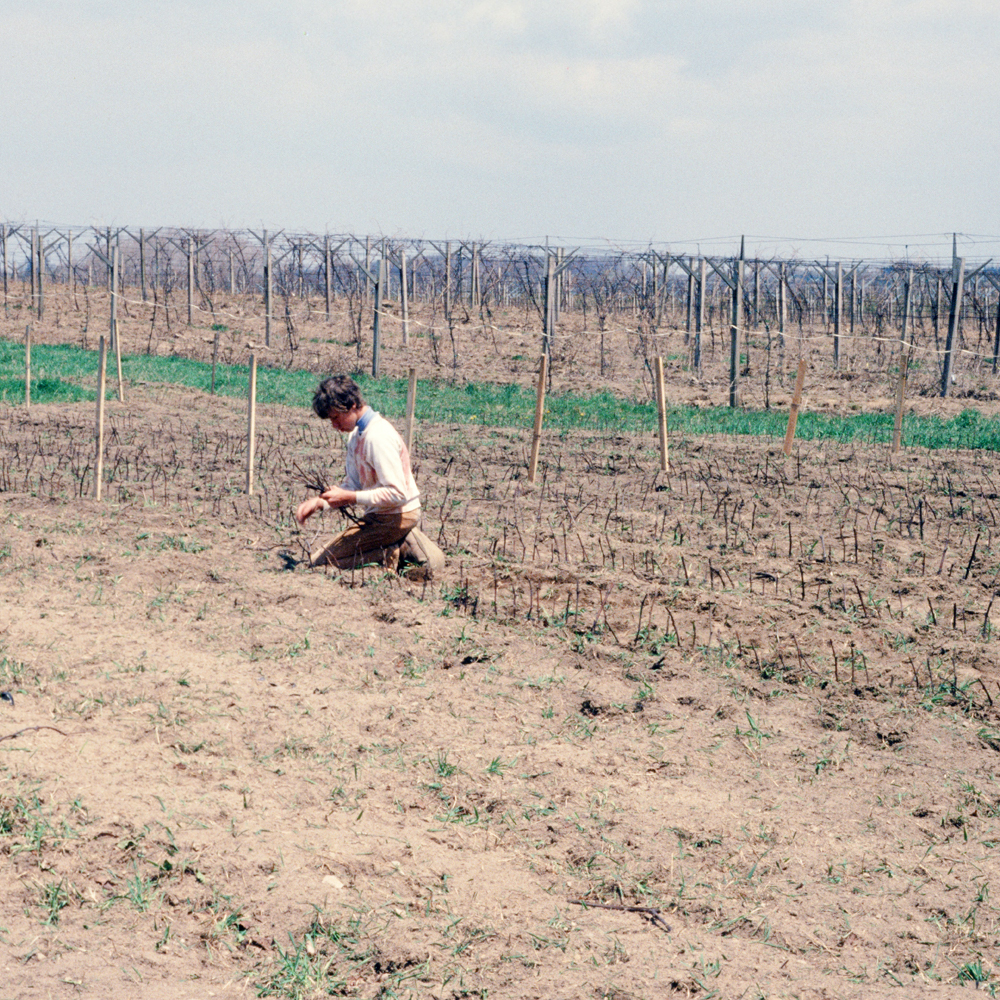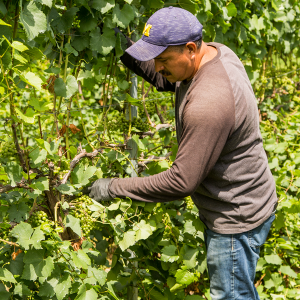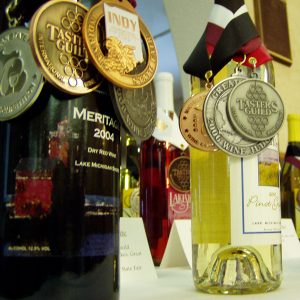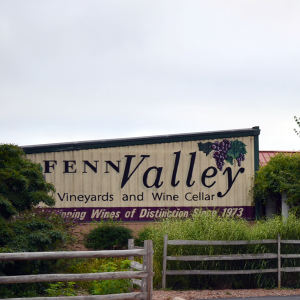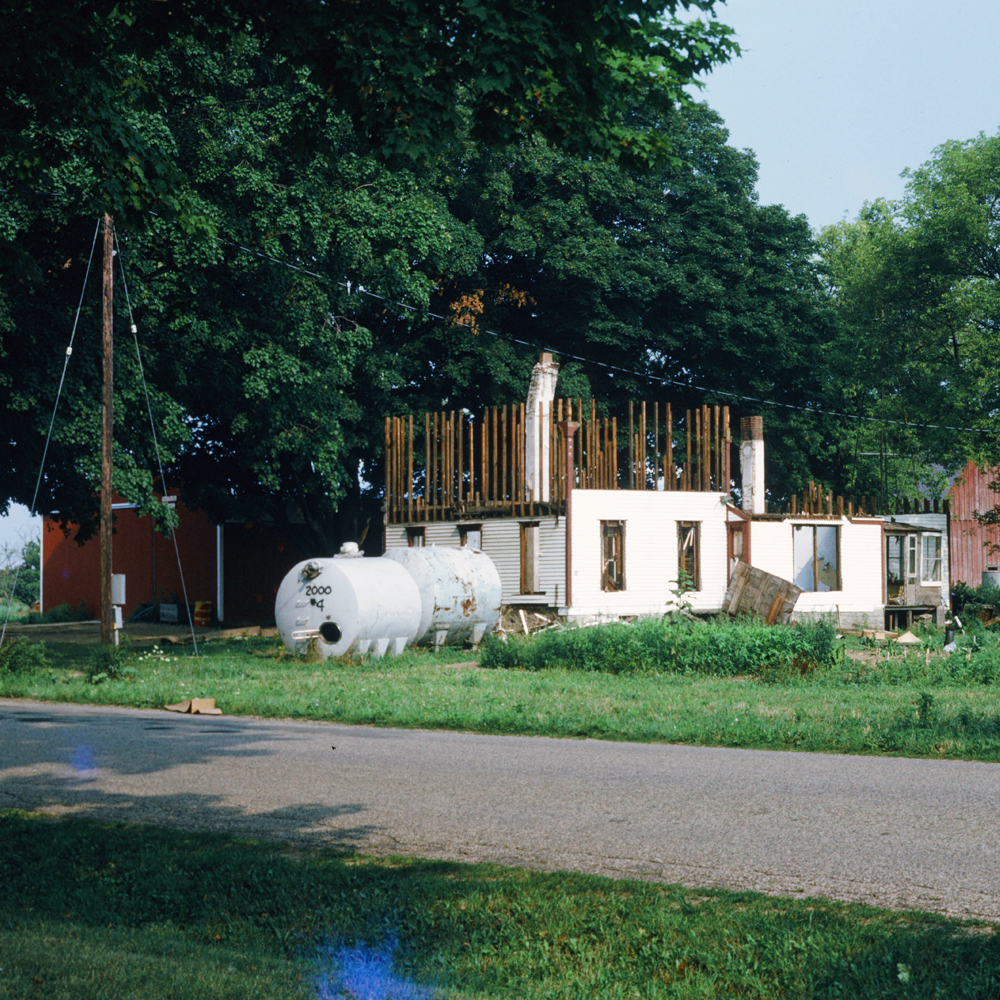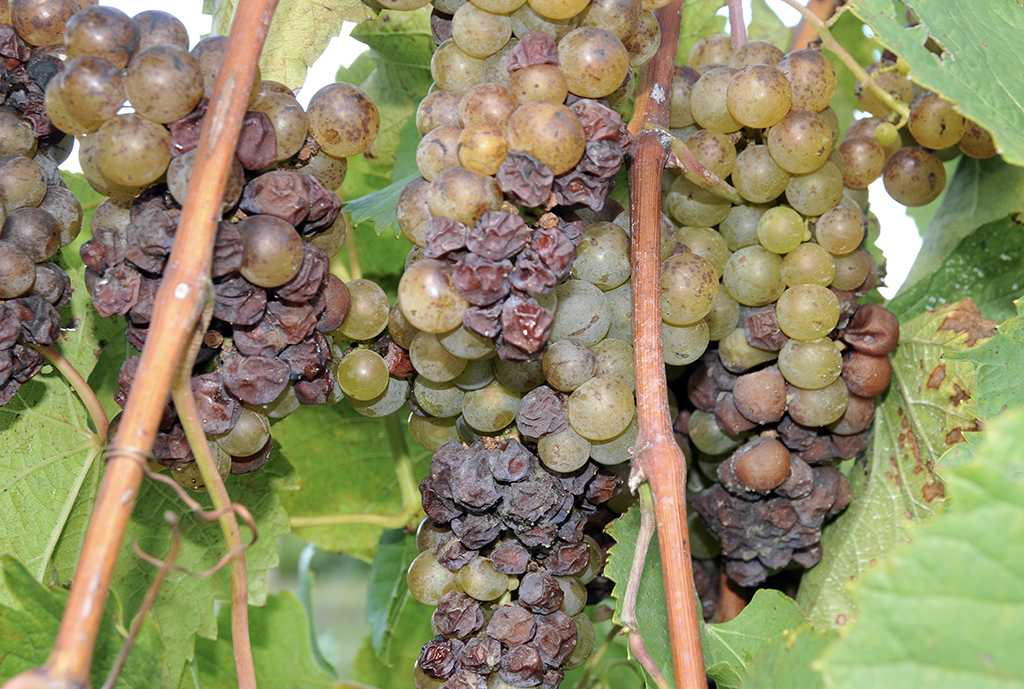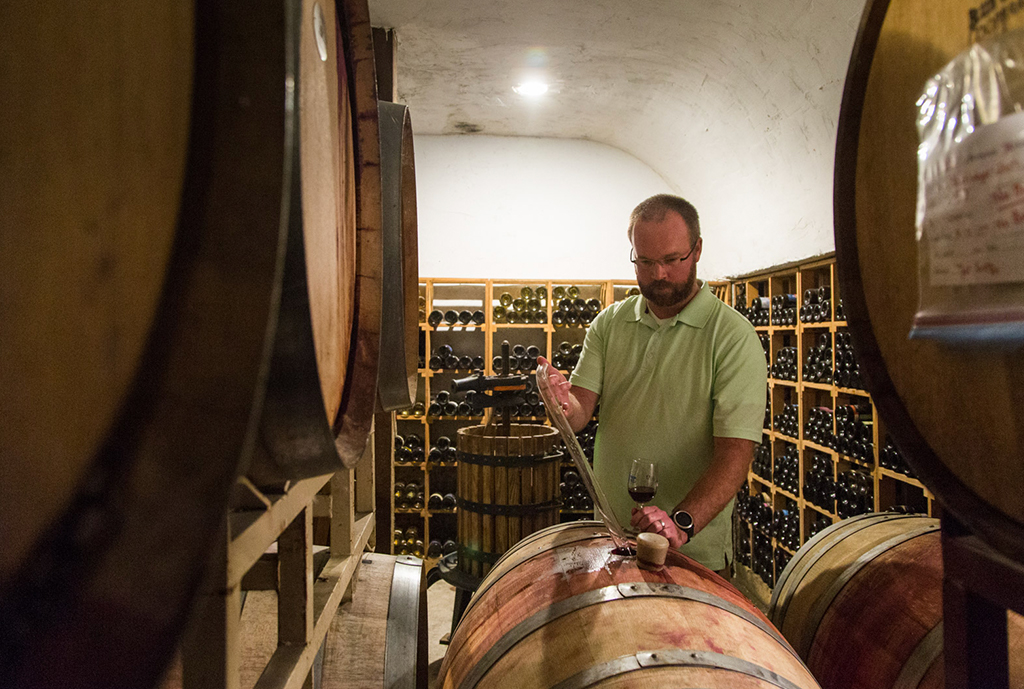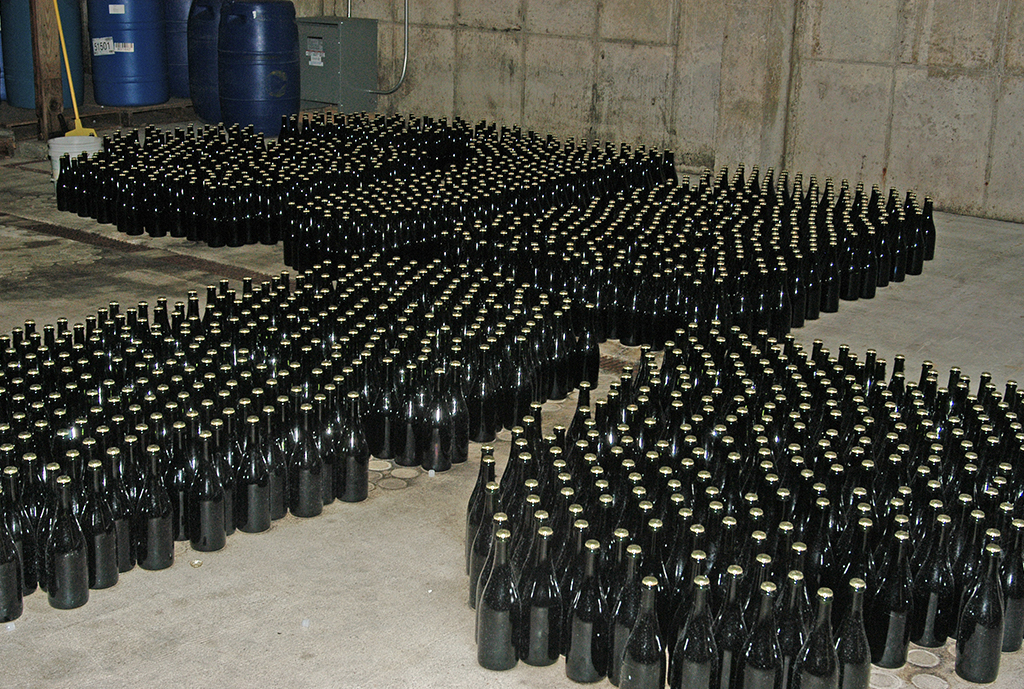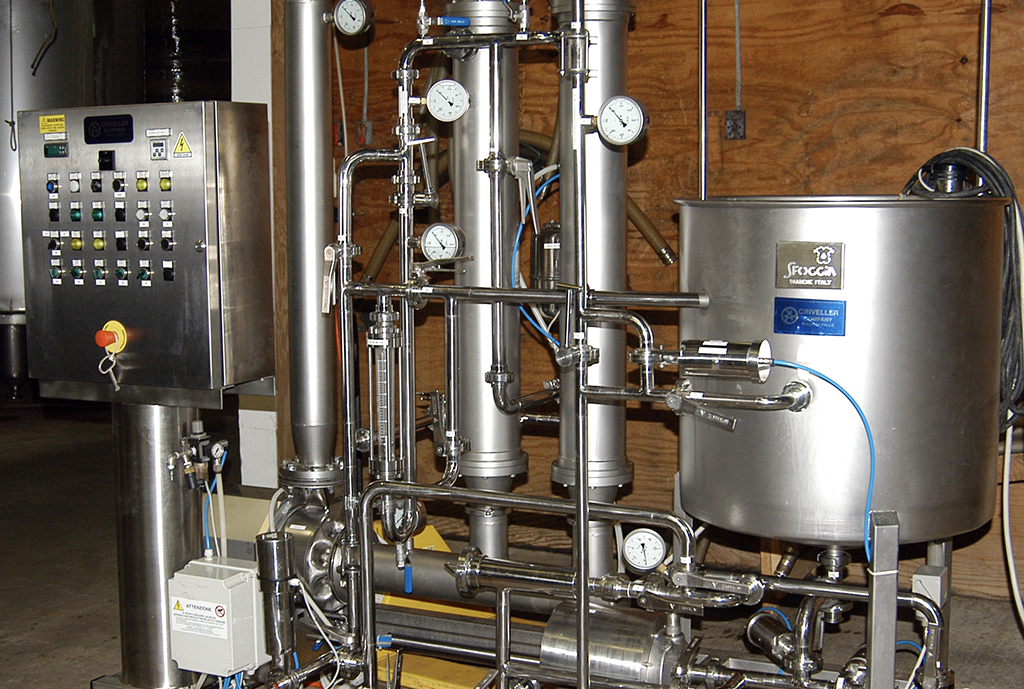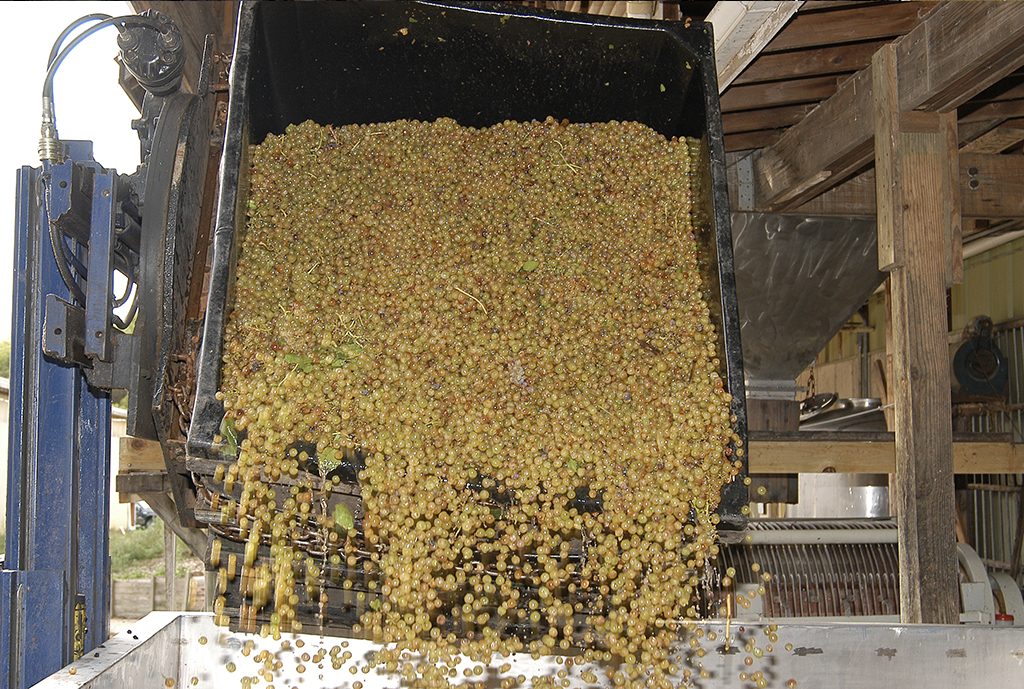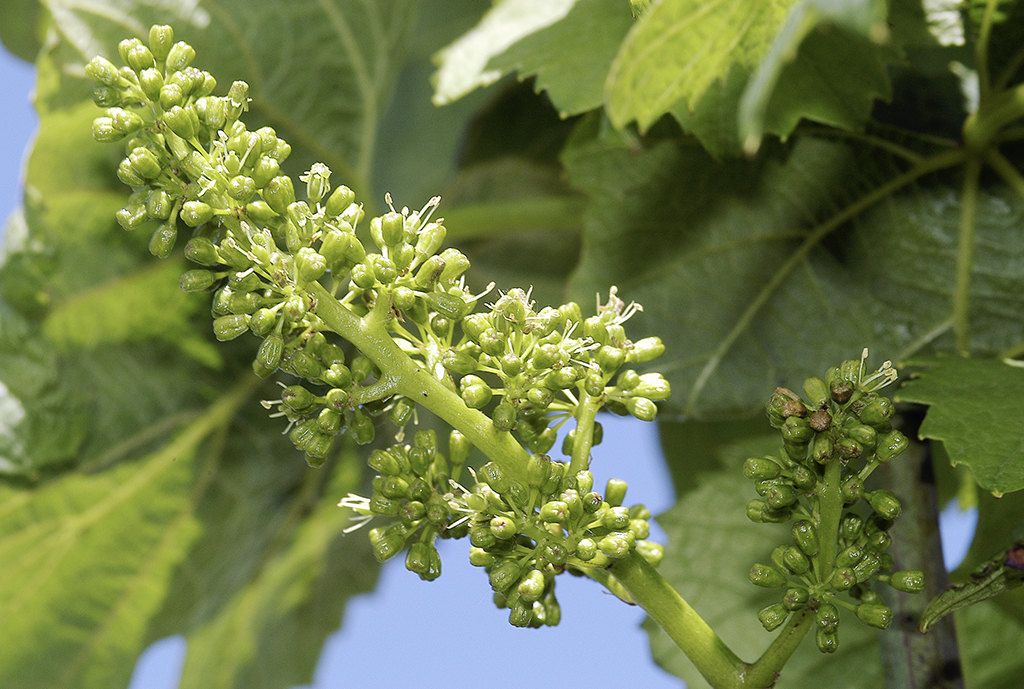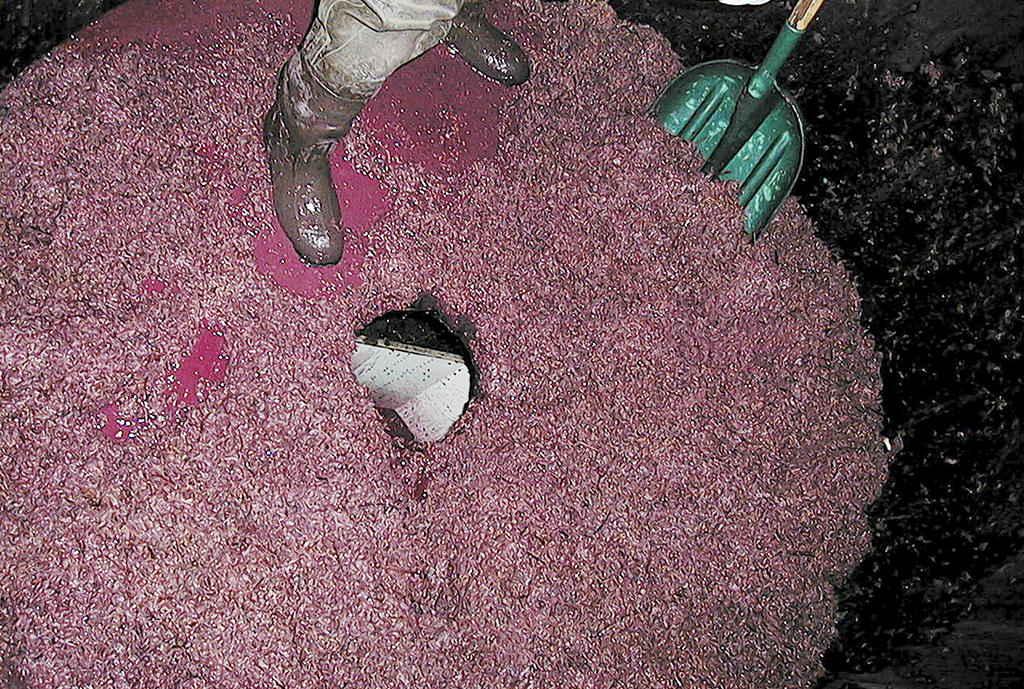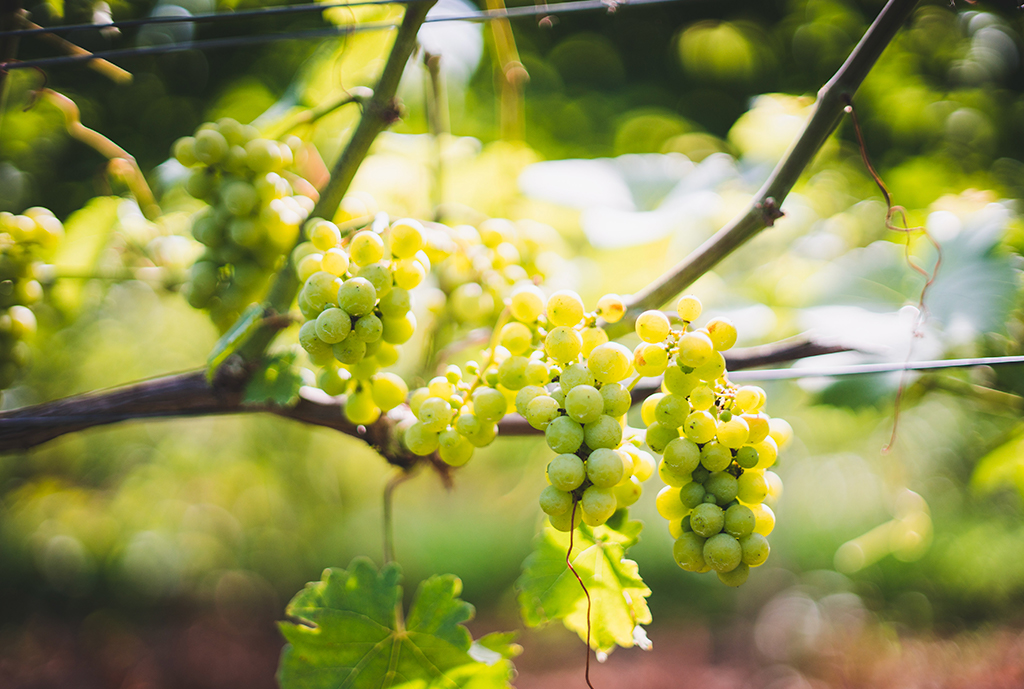About Fenn Valley
Fenn Valley Vineyards is a family owned and operated vineyard and winery complex established in 1973. Our goal has always been to produce world-class wines from grapes grown along the shore of Lake Michigan.
The Fenn Valley estate is a 240 acre farm located five miles from Lake Michigan just south of Holland, Michigan. The site was chosen after reviewing weather, climate, and soil survey maps. Unlike farmers who already own farm land and then begin to grow grapes, the Welsch family migrated from the Chicago area and were therefore free to select the most desirable site for viticulture based on the available data.
THE LAKE EFFECT EVERYONE LOVES
Our vineyards are located on the top of a large sand ridge that extends inland from Lake Michigan between the Black River and the Kalamazoo River valleys. Our proximity to Lake Michigan is a delicate balance of being close enough to provide significant moderation of winter temperatures and far enough away from the lake so that during the summer months we will have a moderate cooling effect. The winter minimum temperatures must be moderated to insure the vine’s survival, and the summer temperatures must be warm enough to allow for a complete ripening without “cooking” the grapes on the hot days during late summer. A look at an atlas of the world will show that the major viticultural areas are almost always located near a large body of water that serves to moderate the climate in some manner. California, Washington, Oregon, Australia, Germany, Italy, France, and Michigan all meet this criteria.
THE RIGHT SOIL
Grape vines are deep rooted and vigorous, so the soil must be deep and relatively infertile, our sandy ridge is ideal. Since the best wines are made where the grapes are allowed to ripen throughout a long and cool growing season, the topography of the vineyard must be higher than the surrounding lands and slightly sloped to allow the denser cold air to drain off on frosty nights. By using the natural air drainage of the ridge, the growing season is extended so that the grapes can fully ripen in our cool climate. After fermentation the wine’s temperature must remain constant so our 17,000 square foot winery cellar was built into the side of a hill to take advantage of the natural temperature stability of the earth.
Our land was originally tree fruit farms and all the fruit trees had to be cleared and the soil prepared to receive the vineyards. The first wines that were produced were natural fruit wines. Today we still make Peach, Cherry and Raspberry wines and have received national recognition for these wines. The first grape vines were planted in 1974 and there has been additional plantings set out almost every year since then. When the vineyards were originally started, there was little information available regarding the best varieties and methods of growing the wine grapes. A few people had been experimenting with Vinifera and Hybrid wine grapes, but the bulk of Michigan viticulture was centered around Concord and Niagara which are not suitable for making delicate European style table wines. During the course of time, many varieties were planted and later removed when they could not perform satisfactorily in the vineyard or in the winery. This experimentation process continues to this day as new varieties are tried and evaluated for their potential as suitable wine grapes in our climate.

